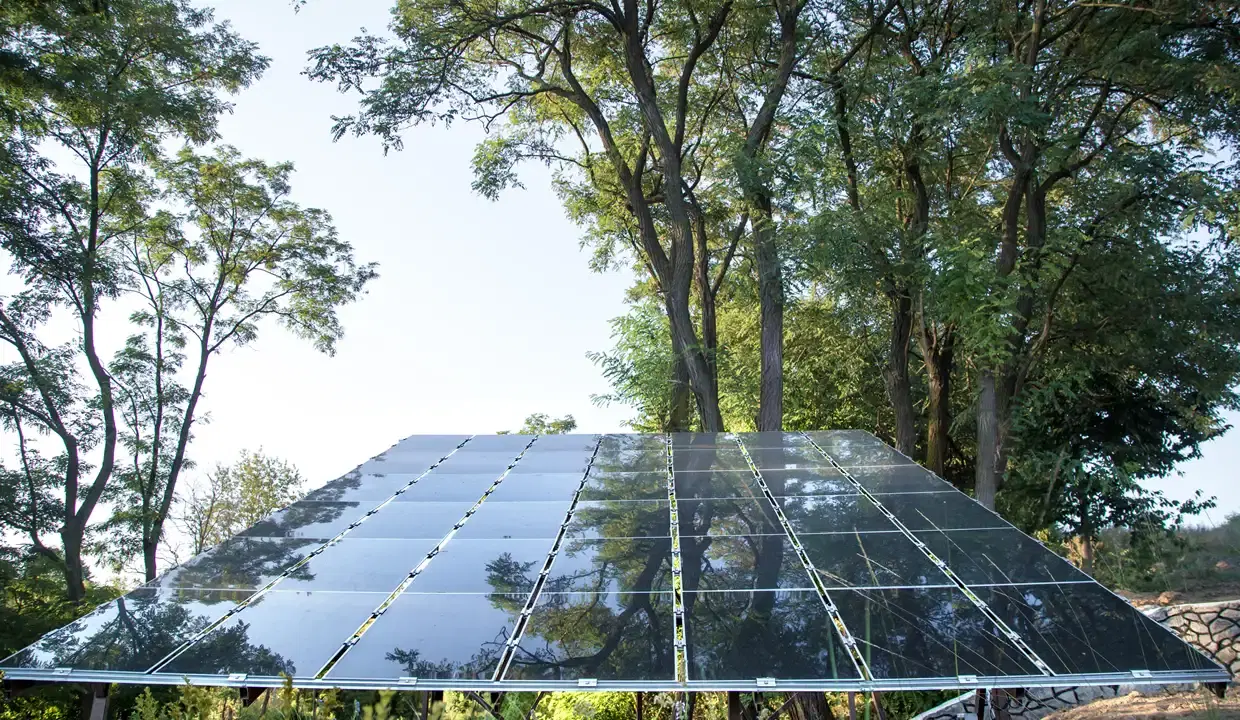
Koh Samui: Investing in Eco-Friendly Properties
Introduction
Echo-Friendly Koh Samui: Pioneering Sustainable Tourism and Smart Investments in Thailand’s Tropical Paradise
Nestled in the azure waters of the Gulf of Thailand, echo-friendly Koh Samui is redefining itself as a global leader in sustainable tourism and eco-conscious living. Beyond its palm-fringed beaches and vibrant culture, the island has become a magnet for travelers and investors alike who prioritize environmental stewardship. As climate awareness grows, Koh Samui’s dual focus on preserving its natural beauty and fostering green innovations—from solar-powered resorts to community-led conservation—positions it as a model for sustainable development.
The Rise of Sustainable Tourism on Koh Samui
Koh Samui’s transformation into an echo-friendly destination began as a response to the environmental toll of rapid tourism growth. Overdevelopment, plastic pollution, and coral reef degradation prompted a collective shift toward sustainability. Today, the island’s government, businesses, and communities collaborate on initiatives like zero-waste resorts, marine conservation programs, and plastic-free markets. These efforts not only protect ecosystems but also attract a new wave of eco-conscious travelers, proving that sustainability and profitability can coexist.
Eco-Conscious Accommodations: Luxury Meets Responsibility
Koh Samui’s hospitality sector leads the charge in sustainable innovation. Resorts like Six Senses Samui and Banyan Tree Samui blend luxury with eco-design, featuring:
- Solar energy systems
- Organic gardens supplying on-site restaurants
- Coral restoration programs for guest participation
These properties cater to travelers seeking guilt-free indulgence while setting benchmarks for green hospitality globally.
Investing in Eco-Friendly Properties: A Win-Win for Profit and Planet
As demand for sustainable living surges, echo-friendly Koh Samui has emerged as a hotspot for eco-conscious real estate investments. The island’s lush landscapes and commitment to green practices make it an ideal location for properties that minimize environmental impact while maximizing returns.
Key Features of Eco-Friendly Properties
- Solar Power: With 300+ sunny days annually, solar panels slash energy costs and carbon footprints.
- Water Recycling Systems: Treat wastewater for irrigation and sanitation, conserving freshwater.
- Sustainable Materials: Bamboo, reclaimed wood, and recycled plastics reduce construction emissions.
- Green Certifications: LEED or Thailand’s TREES-certified properties attract premium buyers.
Why Invest?
- Lower Operating Costs: Solar energy cuts utility bills by up to 50%.
- Higher Resale Value: Eco-homes command 10–15% price premiums globally.
- Regulatory Incentives: Thailand offers tax breaks for sustainable developments.
Marine Conservation: Protecting Underwater Ecosystems
Koh Samui’s coral reefs, once threatened by tourism and climate change, are rebounding thanks to:
- Coral nurseries managed by NGOs like Reef Guardian Thailand
- Marine Protected Areas (MPAs) restricting fishing and anchoring
- Eco-dives where tourists assist in reef restoration
Community-Based Tourism: Empowering Locals
Programs like Fisherman’s Village Cultural Tours ensure tourism profits benefit residents. Visitors learn traditional crafts or organic farming, fostering cultural exchange while funding local schools and healthcare.
The Future of Echo-Friendly Koh Samui
The island aims to become zero-waste by 2030, with plans for:
- Expanded solar farms
- Plastic-free zones
- Eco-certified housing developments
FAQs: Eco-Friendly Living and Investing in Koh Samui
Loading properties...
Conclusion: A Blueprint for Sustainable Success
From its thriving eco-resorts to its innovative property market, echo-friendly Koh Samui proves that sustainability is not a trend but a necessity. By investing in green real estate or choosing eco-conscious travel, individuals contribute to a future where economic growth and environmental health go hand in hand. In Koh Samui, paradise isn’t just preserved; it’s reinvented for a greener tomorrow.
About the Author: Andrew Moore

Andrew Moore has been an active investor in Thai property since 2004. He is a Chartered Director and a Fellow of the Personal Finance Society. He has invested in and built properties in several countries since the late 90’s and first invested in Thailand 20 years ago. Having owned residencies in Bangkok, Samui, Phangan and Phuket he can offer a unique perspective on the island’s property markets together with past and future trends in both ownership and investor opportunities
LinkedIn ProfileMore in Koh Samui Real Estate

Gated Community Real Estate in Koh Samui

Cost of Buying a Villa in Koh Samui in 2025

The Future of Koh Samui Real Estate: Trends to Watch

Operation Nominee Sweep: Inside Thailand's Crackdown on Illegal Foreign Shareholding

Best Private Villas in Koh Samui

Buy Condo Koh Samui – Your Guide to Investing in Island Living

Thailand Houses for Sale - 10 Reasons Samui is the Best

The Top 5 Family-Friendly Neighborhoods in Koh Samui

The Top 5 Reasons to Invest in Koh Samui Real Estate

Tips for Buying Property on Koh Samui as an Expat

Which Water Supply Should I Get in My Villa?

